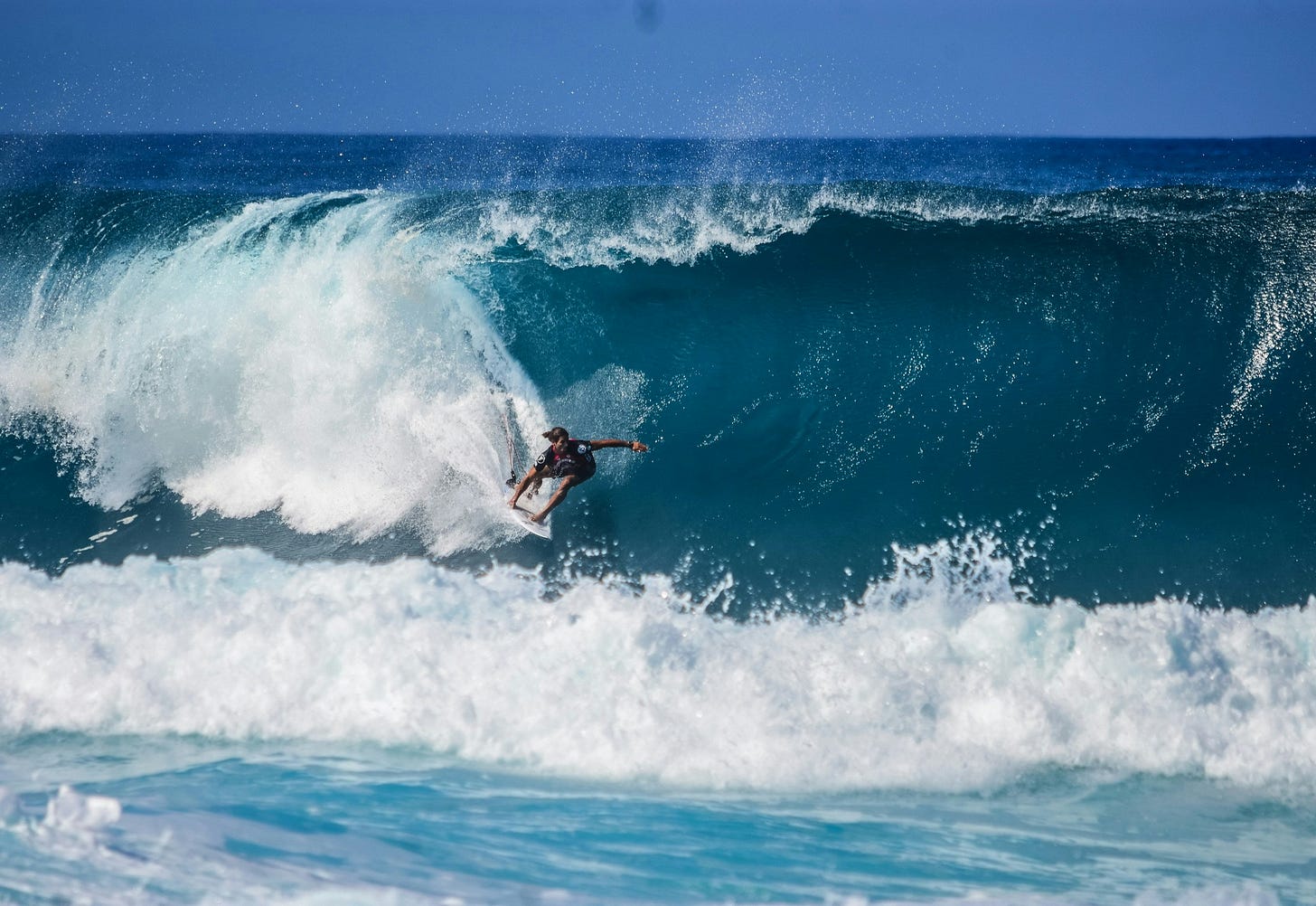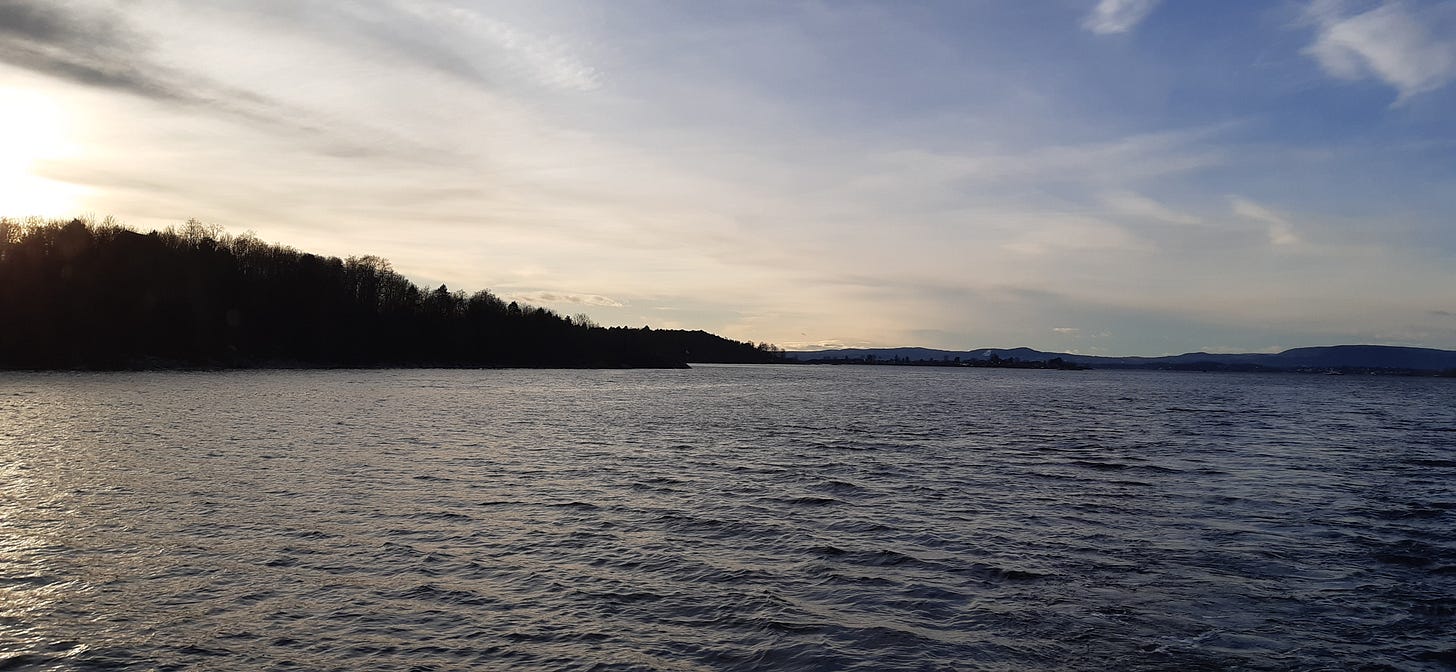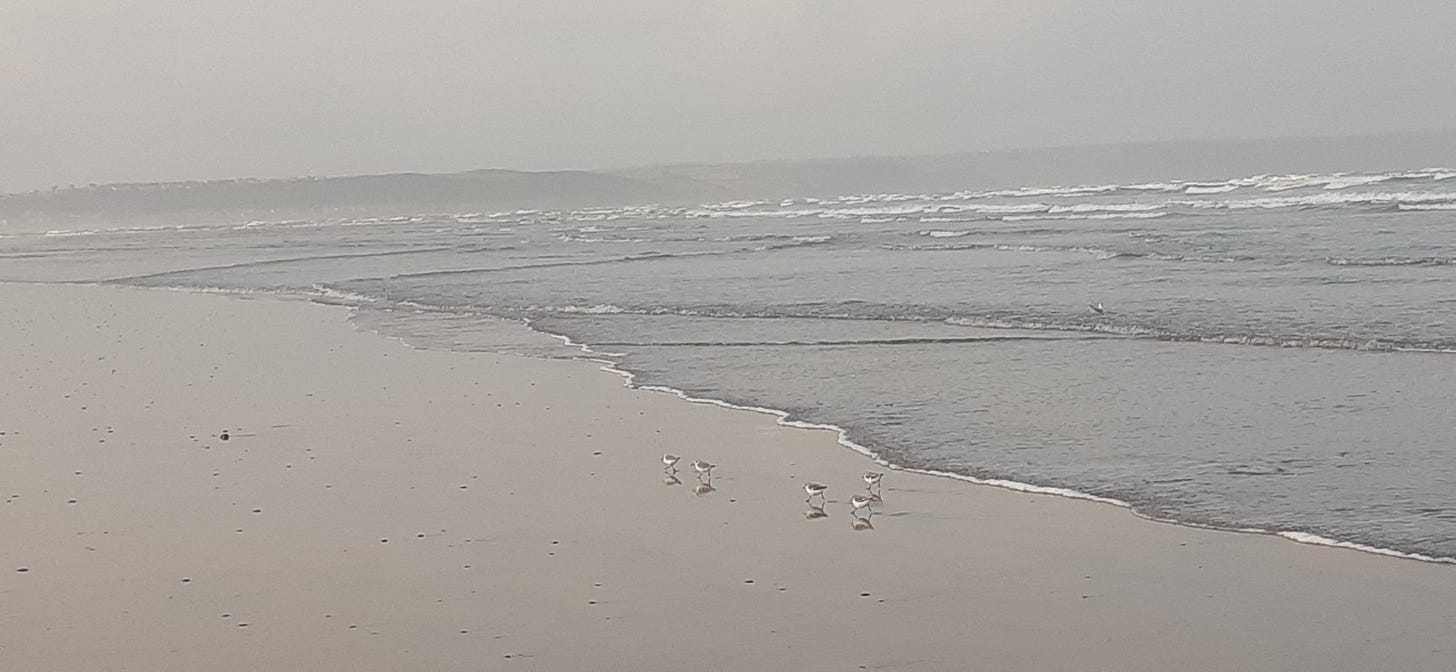In any line of work, and in life in general, there’s a level of stress that is just right. We’ve all experienced what too much stress feels like – it can dominate or ruin your life, it can affect your health – it can even kill you. No-one wants to be operating in a state of perpetual stress.
But too little stress can also be a problem – a lack of challenge or a lack of purpose can lead to boredom, depression, a feeling of futility and an increased likelihood of making mistakes, demotivating you and those around you and generally being disaffected with your lot.
I’ve often thought of the right level of stress as like being a surfer riding a massive tube wave – there is an immense body of awfulness right behind you, driving you forwards at great speed, motivating you and keeping you at your sharpest. But if you take your eye off it for a second, if you slow down, stop concentrating or operate at less than your best, it will all come crashing down on top of you with dire consequences.
I love that feeling. It brings the best out of me and keeps me focussed. The days fly by and we get loads done.
But not everyone is a surfer. That feeling of constantly being on the edge of disaster might be your worst nightmare. Many people need to always feel in control, they need to feel that everything is as calm and as well-understood as it can be.
That doesn’t have to mean you are coasting – it can just mean mastery; that you have complete control over your domain, that your team and colleagues are happy and well-motivated. It can mean you are doing a fantastic job. A paddleboarder on an endless plain of calm, smooth water, effortlessly cruising along under your own steam with no peril or hazards within sight and a full view of everything around you.
I’m not a paddleboarder. I need a certain level of stress or I get stale very quickly. Comfortable can be nice for a short while but I quickly become demotivated if I’m not being challenged, and even scrutinised in the right way. But I’m very glad to have paddleboarders in my team, those unflappable experts who always know the answer or at least the next right step and who never let things get out of control. I will often turn to a nearby paddleboarder for help when the wave is just about to crash down.
Are you a surfer or a paddleboarder?
A ‘flow state’ comes from being able to do your absolute best without having to consciously think about it – excellence is automatic. This can be experienced in running, when you experience a period of moving forward without any apparent effort, when your interdependent movements are being controlled by someone or something else.
A flow state can happen in crafts, in music, in almost any pursuit, including work. You feel like you’re doing the work of twenty people, but in a good way. And it can be achieved as either a surfer or a paddleboarder (both the metaphorical and real versions) – through a calm mastery and a total control over your environment, or via a feeling that you are absolutely in top gear, moving at the top of your ability and keeping so many plates spinning with nothing crashing down.
I’ve also come to recognise more recently that, to use a more land-based metaphor, you can be a plumber or a builder.
I had a recent period at work where I had spent a lot of my time fixing things – investigating some serious errors, identifying problems in our processes and policies that were making it easier for our colleagues to make mistakes than we would have liked.
We were fixing pipes, plugging holes and repairing problems – we were plumbers. Everything we did was to try and get us back to where we started, not moving us forwards to somewhere new. The best case scenario was that we ended up back where we started. And I discovered from this period that my personal preference and motivation is based much more around the need to move forwards than to fix problems that were taking us backwards.
I know a lot of people who are plumbers (the metaphorical kind) – these are exactly the kind of people you need in a crisis response situation – the ones who love the unexpected crisis, the sudden emergency, and who are incredibly highly-motivated to put things right, when the clock is ticking. They snap straight into action. They love the race to get back to a calm normality, the battle against the crisis of the day that is trying to derail the business while everyone struggles to get everything back on track. The ultimate goal is to end the day in the state you started it, with all crises having been averted.
But I’ve learnt that I prefer to build, not repair. I really enjoy the feeling of forward movement, or transformation, of knowing that we are trying to move from where we are to somewhere better. Where we are today is the start point, not the end point. And a crisis is a horrible distraction, not an exciting surprise.
So are you a plumber or a builder?
There is no right or wrong intended or implied in any of this. The world needs plumbers and builders; it needs surfers and paddleboarders.
The ideal organisation will have a mix of people who are at the top of their game and those who are frantically learning. The paddleboarders who never get it wrong and who are always in control – and the surfers who deliver incredible results while always feeling like they are on the verge of everything collapsing around them.
We also need people who can step in and fix problems in the best possible way – the plumbers. And we need builders, who can imagine a better future and are motivated by the journey and process that gets us there.
Understanding these roles can help you understand your motivation – what really gets you out of bed in the morning and makes you want to do your best, whatever pursuit or profession you are in. It can help you make sure that your natural tendencies are balanced by the people around you, so that your team can thrive in every situation.
And it can help you recognise the ways in which you could spend your time and which of those are going to make you the happiest, healthiest and most productive, whether you’re a surfer, a paddleboarder, a plumber or a builder.







